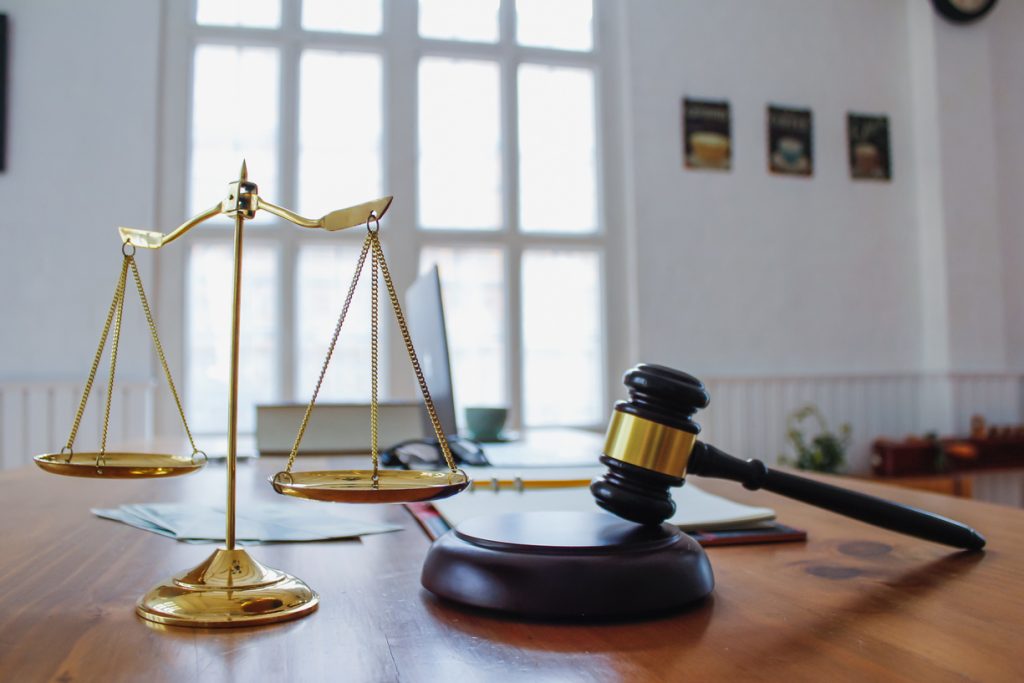Successfully collecting on a money judgment often boils down to knowledge. Not knowledge of the system per se – although such knowledge is helpful – but knowledge of the debtor’s assets. The more a creditor knows about such assets, the more leverage he has in convincing the debtor to pay up.
Knowledge of debtor assets is so important that Utah-based Judgment Collectors puts a heavy emphasis on conducting property searches. One of the first things they do when they start working out a new case is look for property. They want to learn as much as possible about all the assets the debtor owns.
So, how do judgment creditors and their agents learn about debtor property? There are many options.
Legal Discovery
The option involving the least amount of friction is legal discovery. It involves using one of several legal avenues available under civil law. But in order for legal discovery to work, debtors need to fully cooperate. Here are two examples:
- Interrogatories – Interrogatories are essentially a series of questions posed by creditors. Debtors are compelled to answer fully, honestly, and transparently. Interrogatories can be conducted in-person or via written documents.
- Depositions – Creditors can learn about debtor assets through court-ordered depositions. In a deposition scenario, a debtor sits down with the creditor’s attorney and furnishes information under oath.
Although both interrogatories and depositions require debtor honesty, there really is nothing to prevent a debtor from lying or failing to disclose information fully. So interrogatories and depositions often don’t provide all the information a creditor wants.
Public Record Searches
Debtors failing to cooperate with legal discovery do not necessarily thwart creditors in their attempts to learn about assets. Creditors have other tools at their disposal, including public records. Public record searches can yield a treasure trove of helpful information. Here are a few examples:
- Real Estate Records – Publicly available real estate records provide information on property transactions, property ownership, existing mortgages, property liens, and more.
- Business Registrations – Public records relating to businesses can uncover business ownership, business assets, etc. They can even point creditors to undisclosed liquid assets.
- Court Records – Court records covering everything from divorce proceedings to probate can provide valuable information about debtor assets. Some creditors are even interested in bankruptcy filings and previous judgments.
The beauty of public records searches is that they can now be conducted online. With local and state governments having gone mostly digital, all the records a judgment creditor could want can be accessed through a computer and a standard web browser. Today’s public records searches are exceptionally fast and efficient compared to the searches creditors were conducting 30 years ago.
Financial Investigations
When legal discovery and property searches still are not enough, judgement creditors can look to financial investigations. By examining a combination of public records and proprietary databases, they can discover all sorts of helpful information.
For example, a simple credit report can lead judgment creditors to undisclosed property. It can reveal credit accounts that would indicate a debtor is better off financially than he lets on. And of course, there is also social media.
It’s amazing how much information people post on social media without thinking about it. Creditors can learn a lot about debtor financial circumstances by paying attention to what’s posted on sites like Facebook and TikTok.
Needless to say, creditors value information about debtor property. Property equals leverage when it comes time to collect. So the more creditors learn about assets, the stronger their position. The good news for them is that there is no shortage of resources for learning all about debtor assets.

